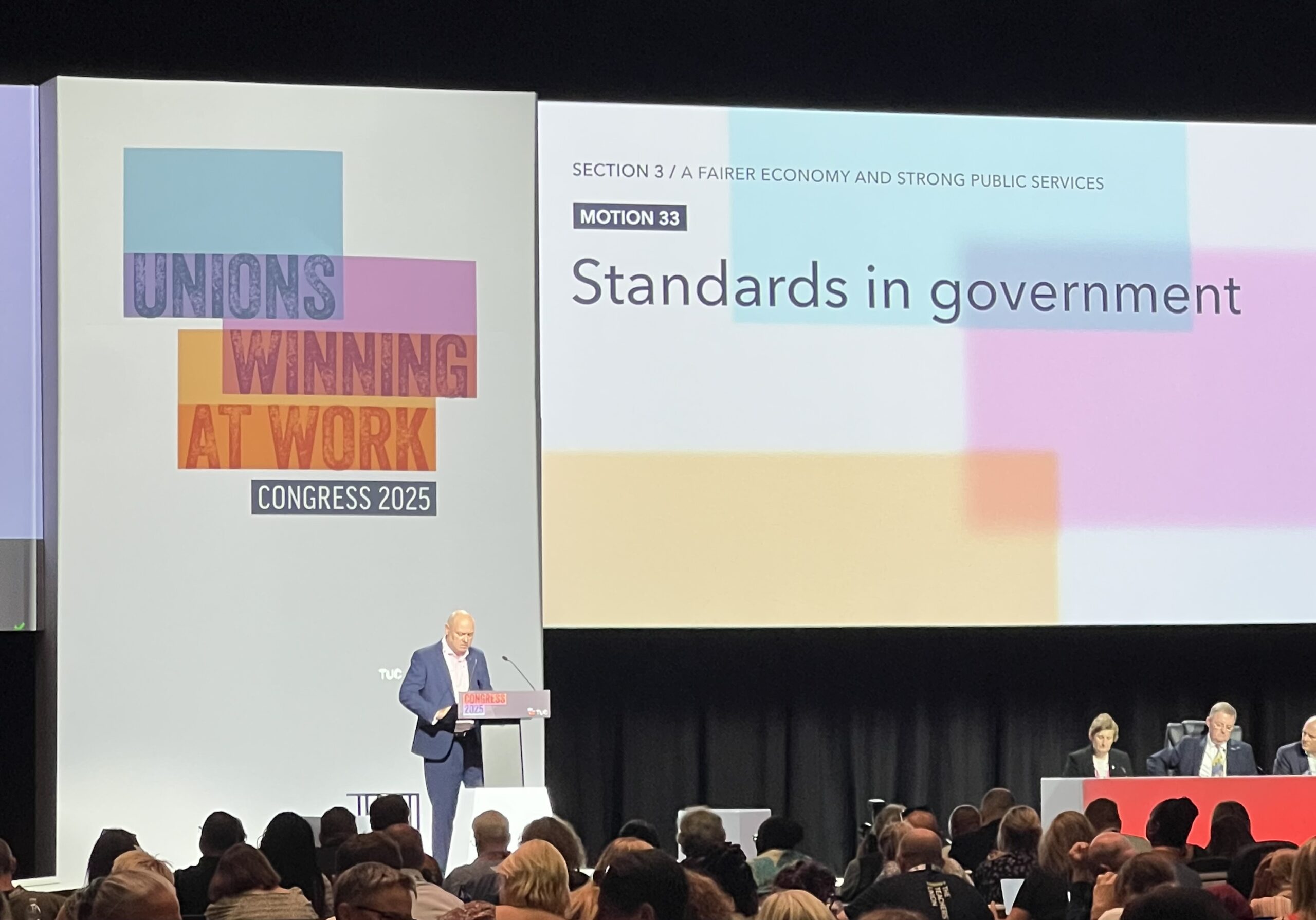Agenda for International Development
As we launch a brand-new section of our union, the Association for Development and Diplomacy, we wanted to take stock and look at the competing priorities and challenges to the international development agenda.
Last year, one of the most dramatic changes to government structure occurred when the Foreign and Commonwealth Office (FCO) merged with the Department for International Development (DFID) to form the Foreign, Commonwealth and Development Office (FCDO).
The announcement and subsequent merger saw a wide variety of reactions from charities, NGOs, academics and civil servants. For some, it was seen as an opportunity for the UK to have an even greater impact and influence on the rest of the world. However, many are unsure about the implications of the merger, both now and in the future. The recent reduction in the aid budget from 0.7 to 0.5% of Gross National Income (GNI) further complicates the picture and there are serious concerns that this will hinder the work of charities and NGOs, and potentially impact the UK’s global reputation.
This report looks at a range of issues connected with the development agenda, from the impact of the merger on the working lives of our civil servants to wider international developments on climate, trade and health.
Agenda for International Development by FDAunion on Scribd
Related News
-

“Significant gaps” in current Northern Ireland standards regime, says Murtagh
FDA National Officer for Northern Ireland Robert Murtagh has called for a strengthened standards regime in Northern Ireland government.
-

FDA delegation attends TUC Congress 2025
This week, the FDA attended the 2025 TUC Congress in Brighton. FDA delegates spoke to and moved motions on a range of topics, including standards in government, public sector productivity, resilience, neurodiversity in the workplace, and TUC reform.
-

Ministers must “step up to the plate” or risk undermining the civil service, says Penman
The FDA has defended the pay and pensions of senior civil servants and called for ministers to do more to defend the civil service.